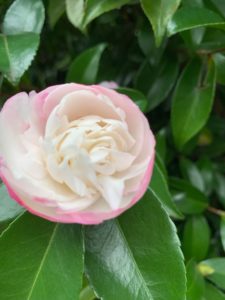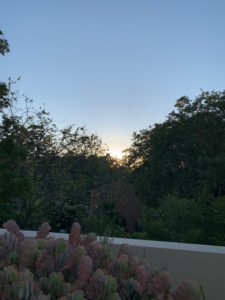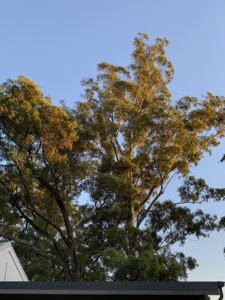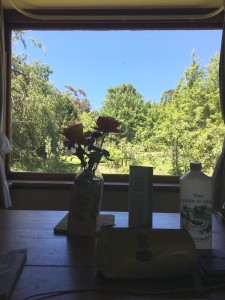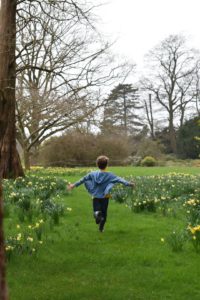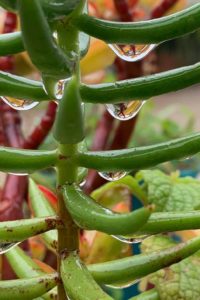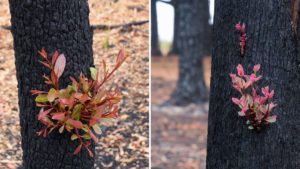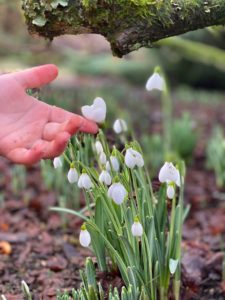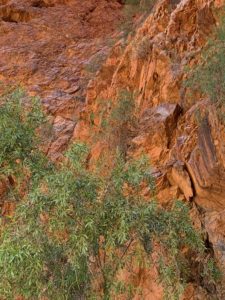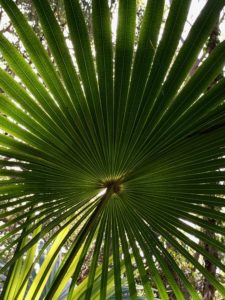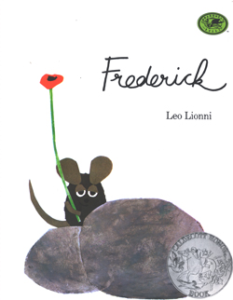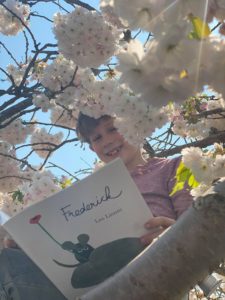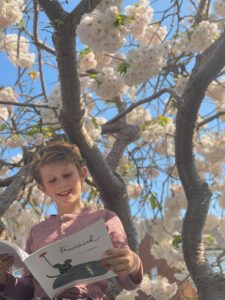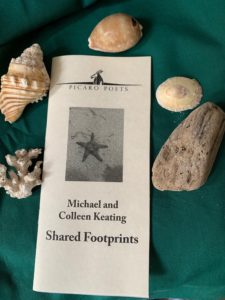
Shared Footprints is a Picaro Poets chap book perfect for your pocket when out on a walk or perched on an outcrop of rock overlooking the ocean. Order it through Ginninderra Press .
Over the past two years Michael and I have done a seasonal beach walk each season from Tuggerah Lake, The Entrance Beach around the headland to Blue Bay, around the rock platform to Toowoon Bay and along the beach for a Cafe breakfast at Toowoon Bay Life Savers Club and then we walk back .
We walk quietly with notepad and pen and jot down what we observe. Over the years we have put our thoughts down side by side in response to the beach, the seasons and each other. We put this manuscript to Brenda Eldridge from Ginninderra Press as a possible Picaro Poets Chap book. It was accepte, formatted and published. It is for people to enjoy nature hoping to stimulate deeper awareness in us all.
Available now from www.ginninderrapress.com.au /picaro poets and scroll down to our name.
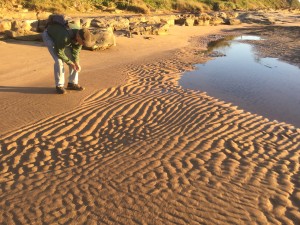
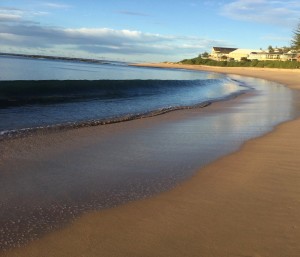
It is divided into four sections
Spring: New Beginnings
Summer: Under a Melting Sun
Autumn : Tumble of Ocean
Winter: Our Shadows Long
Just a few examples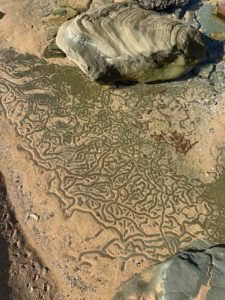
sea pattern
periwinkle meander
in the interidal zone MK
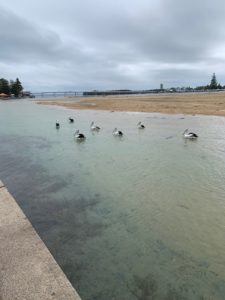
we quicken pace
as wind leans in
hand warm together CK
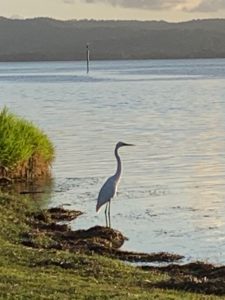
DEDICATION
for our grandchildren, our little castle builders, channel diggers, treasure collectors
may they all be star throwers.
The Star Thrower*
One dawn, a man was walking along the shore.
he noticed a young person reaching down to the sand,
picking up something
and very gently throwing it back into the sea.
As he got closer, he called out,
“Good morning! What are you doing?”
The young person paused, looked up and replied,
“Throwing starfish into the sea.”
“Why are you throwing starfish into the sea?” he asked.
“The sun is up and the tide is going out. If I don’t throw them in they’ll die.”
“But, don’t you realise that there are miles of beach here
and starfish all along it. How can you possibly make a difference?”
The young person listened politely.
Then knelt down, picked up another starfish
and threw it safely into the sea, past the breaking waves and said…
“Made a difference to this one.”
* Loren Eiseley (adapted)
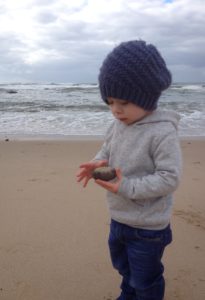
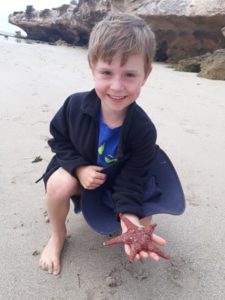
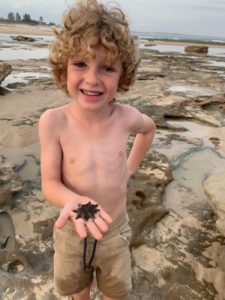
Thank you to Picaro Poets to Brenda Eldridge who gives such inspiration, affirmation and support

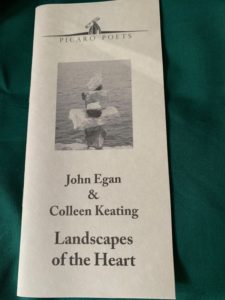 When the noted poet John Egan asked me to collaborate with him on a chap book with the idea of presenting it to be published with Picaro Poets (an arm of Ginninderra Press) I was very affirmed and excited. It quickly became a challenge for our poems needed to have a thread of interconnectedness and for me I always want a book that someone in the future can pick up and read and find meaning and hopefully a spark of something I like to call ‘the more than”
When the noted poet John Egan asked me to collaborate with him on a chap book with the idea of presenting it to be published with Picaro Poets (an arm of Ginninderra Press) I was very affirmed and excited. It quickly became a challenge for our poems needed to have a thread of interconnectedness and for me I always want a book that someone in the future can pick up and read and find meaning and hopefully a spark of something I like to call ‘the more than”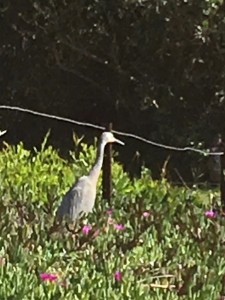
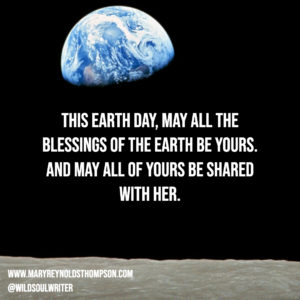
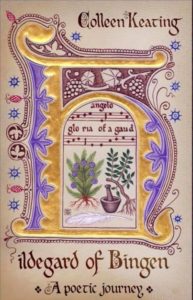

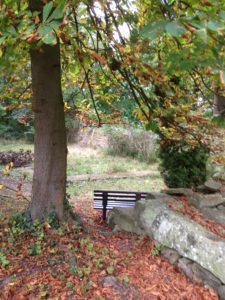

 go
go